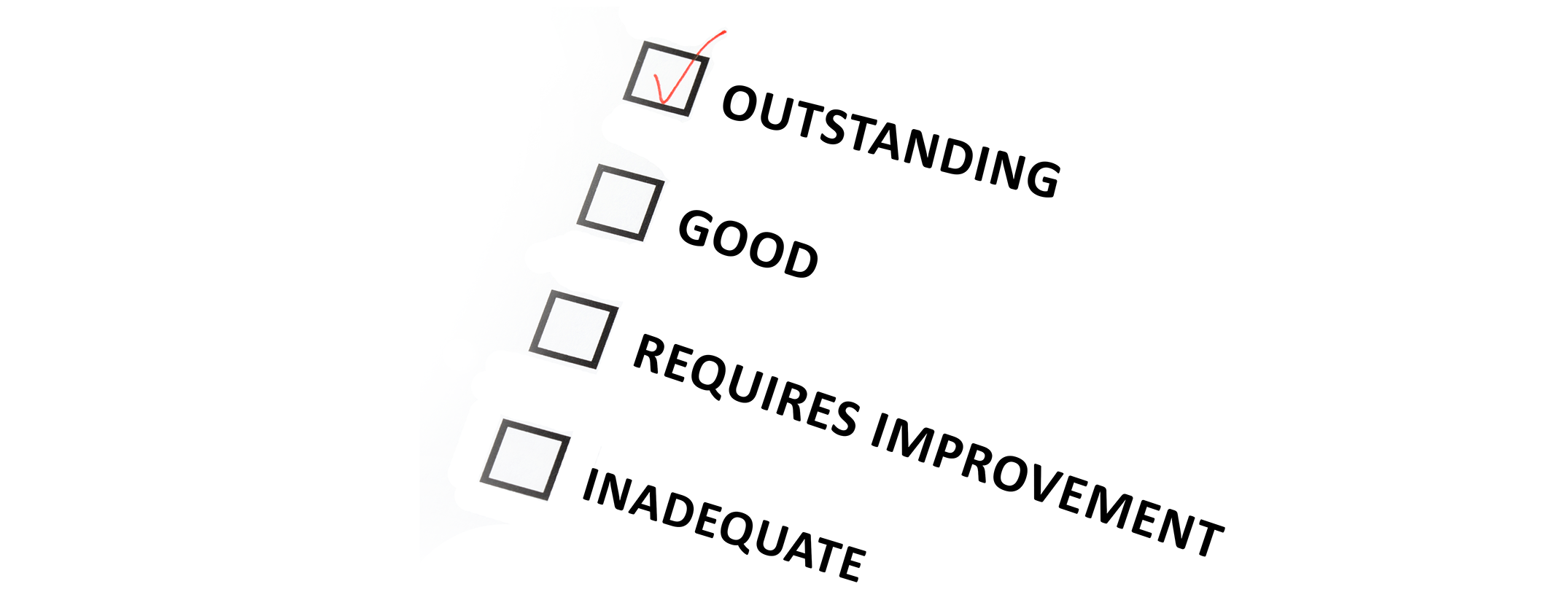You have no items in your shopping basket.
Dr Richard Dune
05-07-2023
Navigating the health & social care regulatory landscape in the UK
Image by Queenmoonlite35 via Envato Elements
Understanding compliance: Key legislation & regulatory bodies across the UK
The UK's health and social care sector operates within a complex regulatory landscape, encompassing legislation, regulations, and guidance from various bodies across England, Wales, Northern Ireland, and Scotland. Navigating this regulatory framework is crucial for organisations to ensure compliance, deliver quality care, and safeguard the well-being of service users.
In this blog, Dr Richard Dune will explore key legislation, regulations, and guidance, providing examples from regulatory bodies in each nation. He will delve into the intricacies of the health and social care regulatory landscape and equip you with the knowledge to navigate it effectively.
Understanding the regulatory framework
The Care Quality Commission (CQC) regulates England's health and social care services. The Health and Social Care Act 2008 (Regulated Activities) Regulations 2014 set out the CQC regulatory framework.
In Wales, the Care Inspectorate Wales (CIW) oversees the regulation of care services. The sector's primary legislation is the Regulation and Inspection of Social Care (Wales) Act 2016.
The Regulation and Quality Improvement Authority (RQIA) regulates health and social care services in Northern Ireland. The Northern Ireland Health and Social Care (Regulation of Health and Social Care Professionals) Act (Northern Ireland) 2001 establishes the regulatory framework.
In Scotland, the Care Inspectorate is responsible for regulating care services. The Regulation of Care (Scotland) Act 2001 provides the legislative foundation for the sector.
Compliance and governance in health and social care
Meeting essential standards and regulatory requirements is crucial for organisations. This includes robust care planning, ensuring person-centred approaches, and implementing effective safeguarding policies and procedures.
Quality assurance and continuous improvement are essential to maintain high standards. Regular audits and inspections help identify areas for improvement and ensure compliance with regulations.
Staff training and development are vital to ensure competence and compliance. Health and social care organisations should provide ongoing professional development opportunities and support the continuous learning of their staff.
Ensuring health and safety in the regulatory landscape
Risk assessment and management are fundamental in maintaining health and safety. Health and social care providers must identify potential risks and implement appropriate measures to mitigate them.
Regulated organisations should have robust health and safety policies and procedures covering areas such as fire safety, manual handling, and safe use of equipment. Infection prevention and control play a critical role, especially in healthcare settings. Strict protocols and procedures must be in place to prevent the spread of infections.
Reporting and responding to incidents and near misses are essential to prevent future occurrences. Robust incident reporting systems and a culture of learning from mistakes should be in place. Technology, such as electronic health records and digital communication tools, can enhance safety and efficiency in care provision.
Promoting person-centred care and dignity
Person-centred care is at the heart of the health and social care sector. It involves tailoring care to the individual's needs, preferences, and values. Service users have rights that must be respected, including giving informed consent and maintaining the privacy and confidentiality of their personal information.
Promoting equality, diversity, and inclusion in care provision is essential. Health and social care organisations should ensure that all service users receive fair and equal treatment regardless of their background. Empowering service users through advocacy and participation in their care decisions is crucial for promoting dignity and autonomy.
Monitoring and compliance - Inspections and audits
Regulatory bodies conduct regular inspections and audits to assess compliance with regulations. These assessments help identify areas of improvement and ensure the quality of care.
Preparing for inspections involves reviewing policies and procedures, ensuring documentation is up to date, and engaging staff in the process. Health and social care providers should learn from inspection outcomes and implement improvement measures to enhance the quality of care and maintain compliance with regulations.
Conclusion
Navigating the UK's health and social care regulatory landscape requires a comprehensive understanding of key legislation, regulations, and guidance. By prioritising compliance, governance, health and safety, person-centred care, and effective monitoring, organisations can deliver quality care while adhering to regulatory requirements.
Stay updated on the evolving landscape, seek guidance from regulatory bodies, and continuously strive for excellence to enhance the well-being of service users in the UK. Click here to see online courses and resources to help you and your organisation comply with your regulatory requirements.
Strengthening compliance & governance with ComplyPlus™
Navigating the UK's complex health and social care regulatory landscape requires organisations to stay ahead of evolving compliance demands. At The Mandatory Training Group, we support organisations with ComplyPlus™, an advanced platform that simplifies governance, streamlines regulatory processes, and adapts to emerging compliance standards.
Our CPD-accredited eLearning courses, enhanced with AI-powered monitoring, ensure your team remains up to date with the latest regulations and best practices in health and social care.
Visit our CPD Certification Service accreditation website to see why organisations trust us for compliance and governance training.
Last updated on 15-02-2025

References and resources
Care Inspectorate Wales (2023) - Care Inspectorate Wales.
Care Quality Commission (2023) - Care Quality Commission.
Department of Health and Social Care (2016) - Care Act factsheets.
HM Government (2022) - Health and Care Act 2022.
References and resources

Care Inspectorate Wales (2023) - Care Inspectorate Wales.
Care Quality Commission (2023) - Care Quality Commission.
Department of Health and Social Care (2016) - Care Act factsheets.
HM Government (2022) - Health and Care Act 2022.
About the author
Dr Richard Dune
With over 25 years of experience, Dr Richard Dune has a rich background in the NHS, the private sector, academia, and research settings. His forte lies in clinical R&D, advancing healthcare tech, workforce development, and governance. His leadership ensures that regulatory compliance and innovation align seamlessly.

Related blog articles
View allContact us
Complete the form below to start your ComplyPlusTM trial and transform your regulatory compliance solutions.







